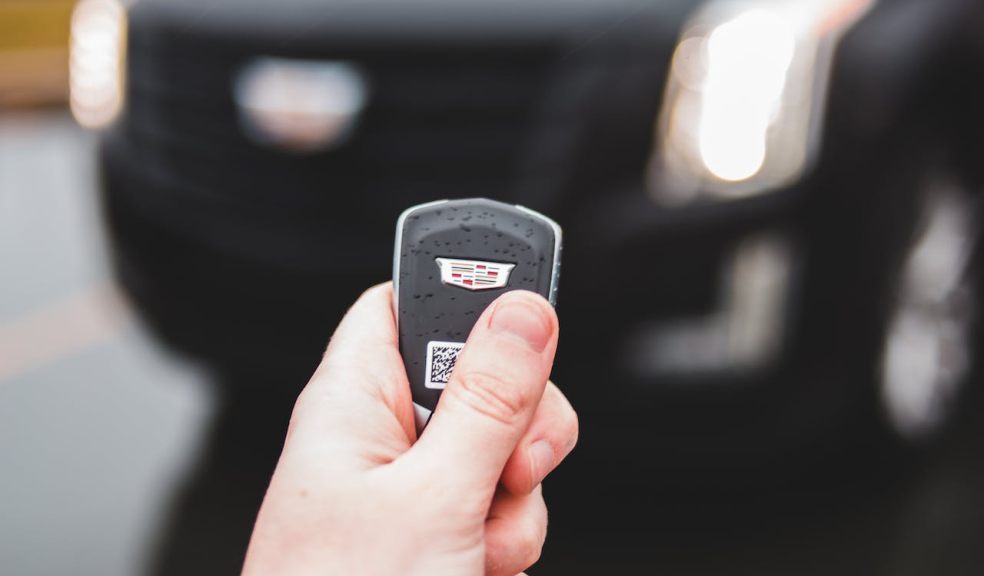
What to look for when buying a car in the UK
Buying a car in the UK can be an exciting but intimidating experience. With a plethora of car models, financing options, and dealership offers, it's important to navigate the process with care.
From car inspections to financing considerations, understanding what to look for when purchasing a vehicle in the UK can help you make an informed decision. This article will guide you through the essential aspects to consider when buying a car in the UK.
Deciding on the Type of Car
When considering purchasing a car in the UK, it's essential to first determine the type of vehicle that suits your needs. Whether you require a compact city car, a family-friendly SUV, or a more luxurious model, this decision will influence various aspects of the buying process. Consider factors such as:
Fuel Type and Emissions
With the increasing focus on environmentally friendly practices, choosing the right fuel type is crucial. In the UK, options include petrol, diesel, hybrid, and electric vehicles. Consider the emissions produced by different fuel types and their impact on the environment, as well as any potential restrictions in certain cities.
Size and Practicality
Assess your lifestyle and daily requirements to determine the ideal size and practicality of the car. Families may require ample boot space, while city dwellers might prioritize compact dimensions for ease of parking.
Budget and Running Costs
Consider not only the purchase price but also the ongoing running costs, including fuel, insurance, road tax, and maintenance. Additionally, delve into factors such as depreciation rates and potential resale value.
Research and Due Diligence
Once you've established the type of car you're interested in, conducting thorough research and due diligence is crucial before making a purchase. This phase involves examining various aspects, such as:
Car History and Condition
If purchasing a used car, obtain a comprehensive history check to ensure that the vehicle doesn't have a hidden past, such as outstanding finance, previous accidents, or significant repairs. Additionally, consider getting an independent inspection to assess the car's condition thoroughly.
Manufacturer and Model Reviews
Research the specific manufacturer and model to gauge reliability, performance, and potential issues. Online reviews and forums can provide insights from actual owners, shedding light on any common problems or commendable features.
Financing and Payment Options
Explore the different financing options available, such as personal loans, hire purchase agreements, or personal contract purchases (PCP). Compare interest rates, terms, and potential deposit requirements to secure the most suitable payment option.
Choosing a Reputable Dealer or Seller
Whether purchasing from a dealership or a private seller, selecting a reputable and trustworthy source is paramount to a successful car buying experience. Consider the following when evaluating dealers or sellers:
Dealer Reputation and Accreditation
Opt for dealerships with a solid reputation, positive customer reviews, and relevant industry accreditations, such as the Retail Motor Industry Federation (RMIF). Assess their after-sales services and any additional benefits offered, such as warranties and servicing packages.
Private Seller Verification
If buying from a private seller, ensure that their identity and ownership of the vehicle are legitimate. Request to see the V5C registration document (logbook) and verify that the details match the seller's information. Be cautious of sellers who are hesitant to provide necessary documentation.
Test Drive and Inspection
Before committing to a purchase, schedule a test drive to evaluate the car's performance and comfort. Additionally, perform a thorough inspection, checking for signs of wear, consistent maintenance, and any potential red flags.
Legal and Regulatory Considerations
Understanding the legal and regulatory aspects of buying a car in the UK is crucial to ensure a smooth and lawful transaction. Pay attention to the following:
Vehicle Documentation and Transfer
Verify that all necessary documentation, such as the V5C registration document, service history, MOT certificate, and owner’s manual, is provided. Understand the process of transferring ownership and ensure that all requisite paperwork is completed accurately.
Roadworthiness and Safety Standards
Ensure that the chosen vehicle meets the UK's safety and environmental standards. Check MOT to see if the car has a valid MOT certificate, which confirms its roadworthiness, and that it adheres to the applicable emissions requirements. You can get a free car check from a company like Motorscan.
Financing and Insurance Compliance
If financing the purchase, align with financial regulations and obligations. Additionally, arrange suitable insurance coverage before driving the vehicle, as it's a legal requirement to have adequate car insurance in the UK.
The Bottom Line
Buying a car in the UK requires careful consideration and thorough research to ensure a satisfying and reliable purchase.
By assessing your requirements, conducting diligent research, and adhering to legal and regulatory procedures, you can navigate the car buying process with confidence. Whether opting for a new or used vehicle, the key is to make an informed decision that aligns with your preferences and budget. Happy car hunting!














